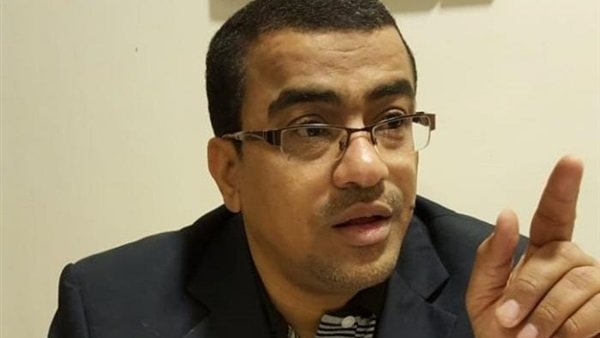Expert Calls on Government to Have Flexibility in Managing Economy

Sudan Events – Nahid Oshi
Economic expert Dr. Haitham Mohammad Fathi has called on the government to manage macroeconomic risks flexibly to contain successive external shocks and the negative effects resulting from the war and geopolitical tensions affecting economic activity.
He pointed to the deteriorating economic situation through the gap in the trade balance, where imports are estimated at about $11 billion and exports at $4.5 billion.
He said that the deficit in the trade balance amounts to 7.5 billion dollars at a time when Sudan has other resources that would have reduced the impact of the deficit in foreign exchange resources.
Through loans, foreign aid, and deposits from brotherly and friendly countries, in addition to remittances from workers abroad, transit fees for Sudanese airspace, and transit fees for South Sudan’s oil, but the continuation of the war and the continuation of the undeclared economic blockade from many Western countries and some international financial institutions have affected the economic situation.
He indicated in his speech to Sudan Events that the government, to fill the deficit in foreign exchange resources, worked to purchase foreign currency from other resources to meet the import of necessary goods and services which made speculators and crisis merchants in Sudan work to exploit this opportunity.
He added that any decrease in the pound and an increase in the dollar raises prices, because it increases the cost of the product, especially since the majority of food, pharmaceutical and service consumables are imported.
Pointing out that the repercussions of the war affected the country’s revenues, which opened the door to speculation in hard currency. He said that the currency shortage crisis resulting from the lack of dollar revenues to Sudan and the increase in the size of the financing gap has put the Sudanese economy under great pressure that will translate into a decline in growth.
Noting the need to exploit the available alternatives in order to relieve pressure on the pound and reduce the demand for the dollar, he said that it is necessary to benefit from the economic relations between Sudan and most of the countries from which it imports through trade in the local currencies of those countries, while expanding the local currency exchange agreement with those countries.



